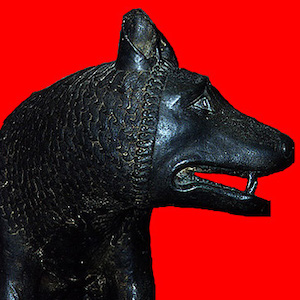Economics

NBER Macrohistory Database
The NBER Macrohistory Database is one of the best resources and clearinghouses on the internet for economics and economic history, but it requires a little hunting to locate information.
LacusCurtius: Into the Roman World
Initiated in 1995, this site has developed into an impressive array of primary and secondary resources on ancient RomeRude Pravo, Central Committee Meeting
In 1978, one year after the creation of Charter '77, Vaclav Havel wrote his famous essay, "The Power of the Powerless." In it he argued that the countries of the East Bloc were under the rule of post-totalitarian regimes that appealed to popular desires for consumer goods, in order to secure domi
Samizdat, Tuzex
Tuzex, short for Tuzemský export (or domestic export), was a set of special stores in Communist Czechoslovakia. The Communist Party established Tuzex in 1957, in order to draw hard currency from citizens' pockets into the coffers of the state.
Samizdat, Five Year Plan
In 1986 the Czechoslovak Communist Central Committee approved its Eighth Five Year Plan since 1948, which stayed in effect, with modifications, until 1990.
Samizdat, Consumer Goods
Czechoslovaks watched the unfolding of perestroika [restructuring] in the Soviet Union and its slow introduction into their own economy with great interest, although there were obstacles to doing so.
Preparing for Martial Law in Poland
In August 1980, a worker's strike began in Gdansk, Poland in reaction to the struggling economy and massive shortages. In a compromise to resolve the strike, the Communist government legalized Solidarity, but this only increased tensions as the shortages failed to improve.
Economic Woes for the Warsaw Pact
The Warsaw Pact was based around the principle of cooperation and mutual assistance for its member states, including both military agreement and economic cooperation. In reality, the Soviet Union decided both the military and economic policies for all of the Warsaw Pact's member states.
Soviet Negotiations with Poland
During the economic and political crisis in Poland in the early 1980s, Polish officials often met with Soviet leaders to discuss the crisis and to determine how best to approach the situation in Poland.
Theses for the Discussion with the Polish Leadership
In response to another rise in prices, for meat products in particular, strikes erupted in the summer of 1980 in Poland among workers throughout the country, especially in the cities of Gdansk, Gdynia, and Szczecin.